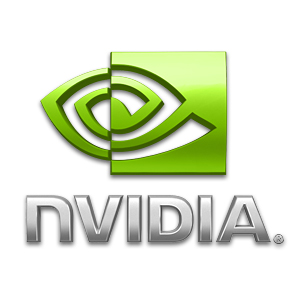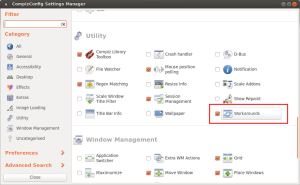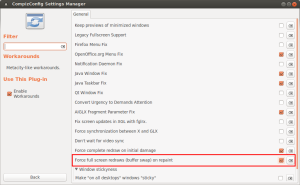There are now many plugins for Known, a lot of them I’ve written, are available on Github.
Many people, myself included, like to install these plugins via a git submodule checkout – this simplifies deployment and makes updating installed plugins easier, however it can be problematic.
The problem is that either the repository contains the actual plugin in a subdirectory (e.g. my Github plugin is in the repo ‘KnownGithub‘, and the plugin is in a subdirectory ‘Github’), or if they don’t, the actual clone of the repository will default to an incompatible name (e.g. Known’s Facebook plugin is in a repo ‘facebook’, but the code wants it in a directory ‘Facebook’).
Both have their own issues, but both mean you can’t directly use them in a submodule git checkout (unless you use my symlink trick). It would be nice if you could use these repos directly, so I put together a patch (which has been accepted) that allows you to build your plugin repos in such a way that they can be used directly from a git clone.
Introducing the autoloader
The patch I submitted introduces the ability to provide a loader for your plugin in the root directory of your plugin repository. So, if your plugin is Foo in a directory inside your repository KnownFoo, you could create a special autoloader.php file in the root that will allow Known to load your plugin in the normal way, direct from a git clone into your IdnoPlugins directory.
To do this, create a file autoloader.php with the following code:
/**
* Support loading of direct checkout.
*/
spl_autoload_register(function($class) {
$class = str_replace('\\', DIRECTORY_SEPARATOR, $class);
$segments = explode(DIRECTORY_SEPARATOR, $class);
$PLUGIN_NAME = $segments[1];
$basedir = dirname(dirname(dirname(__FILE__))) . '/';
$file = str_replace($PLUGIN_NAME, basename(dirname(__FILE__)) . "/$PLUGIN_NAME", $class);
\Idno\Core\site()->plugins()->plugins[basename(dirname(__FILE__))] = \Idno\Core\site()->plugins()->plugins[$PLUGIN_NAME];
unset(\Idno\Core\site()->plugins()->plugins[$PLUGIN_NAME]);
if (file_exists($basedir . $file . '.php')) {
include_once($basedir . $file . '.php');
}
});
This code will automatically load your plugin classes from its “real name” subdirectory, and make it available to your plugin loader.
Have a look at my Github plugin for an example, have fun!




